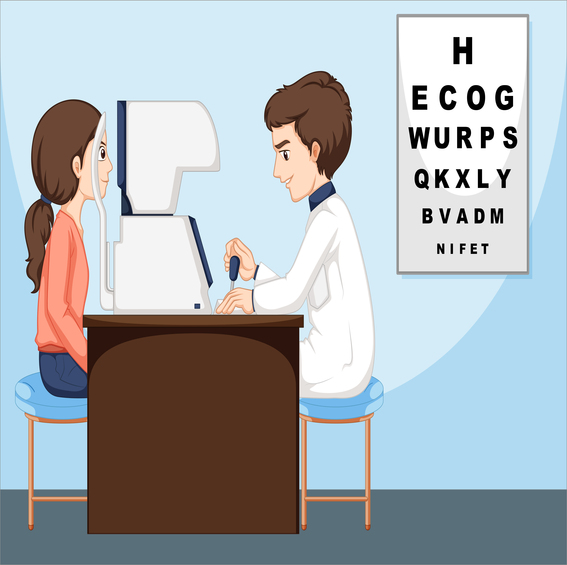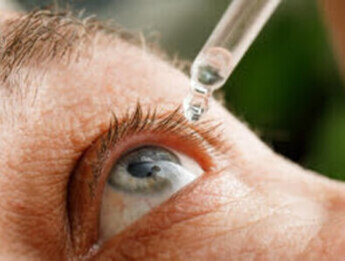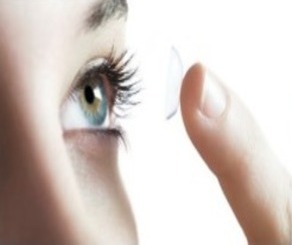Prosthetic Eye
A prosthetic eye, also known as an artificial or glass eye, is a custom-made replacement for a missing or damaged natural eye. It is typically crafted to closely resemble the appearance of the natural eye and is inserted into the eye socket to restore a more natural appearance Here are some key points about prosthetic eyes and their benefits:
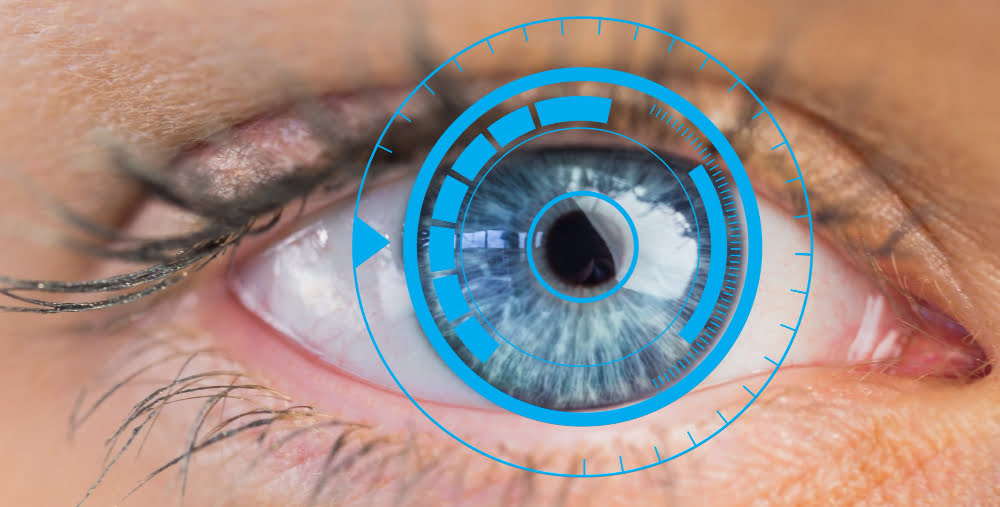
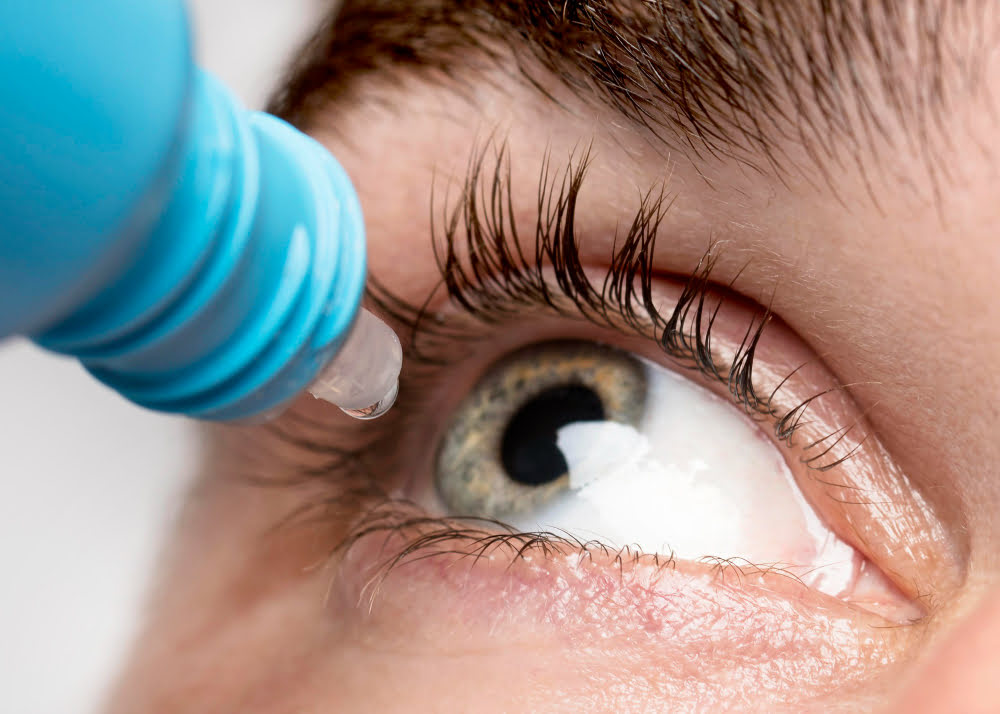
1. Cosmetic Restoration: The primary purpose of a prosthetic eye is to restore a natural and symmetrical appearance to the face, particularly when an individual has lost an eye due to injury, disease, or surgery.
2. Improved Aesthetics: Prosthetic eyes are carefully designed to match the color, size, and shape of the remaining natural eye, providing a realistic and aesthetically pleasing result. This can significantly enhance the individual's self-esteem and confidence.
3. Psychosocial Well-being: The loss of an eye can have a profound impact on an individual's psychological well-being. A prosthetic eye can help reduce self-consciousness and social discomfort, allowing individuals to engage more confidently in social interactions and activities.
4. Comfort and Functionality: Prosthetic eyes are lightweight and designed to fit comfortably within the eye socket. While they do not restore vision, they help maintain the natural movement of the eyelids, contributing to a more functional and comfortable experience.
5. Customization and Personalization: Prosthetic eyes are individually crafted to match the unique characteristics of each person's natural eye. The color, size, and detailing are customized to create a seamless and natural appearance.
6. Prevention of Tissue Contraction: In the absence of a prosthetic eye, the eye socket may experience tissue contraction, leading to changes in facial structure. The use of a prosthetic eye helps maintain the shape of the eye socket and surrounding tissues.
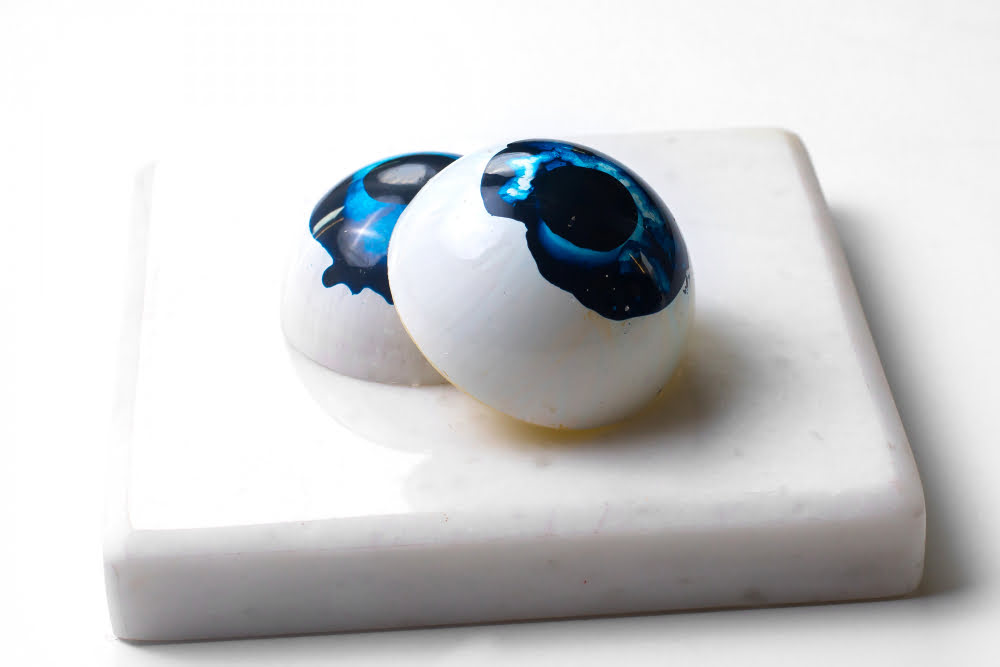
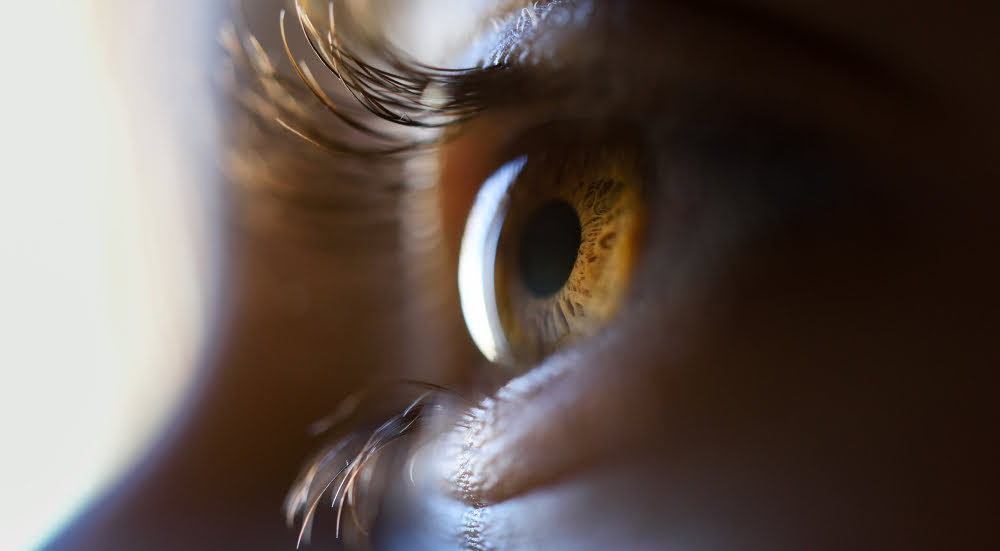
7. Adjustable Fit: Prosthetic eyes can be adjusted and refined over time to ensure a proper fit and optimal comfort. Regular follow-up visits with an ocularist (a specialist in the fabrication and fitting of artificial eyes) are essential for maintaining the prosthetic eye's effectiveness.
8. Non-Invasive Solution: Unlike some surgical interventions, the use of a prosthetic eye is a non-invasive option for individuals who have lost an eye. It does not require additional surgeries once the initial fitting is complete.
Book an appointment
Please fill in the form below and we will soon call you back.
